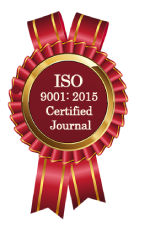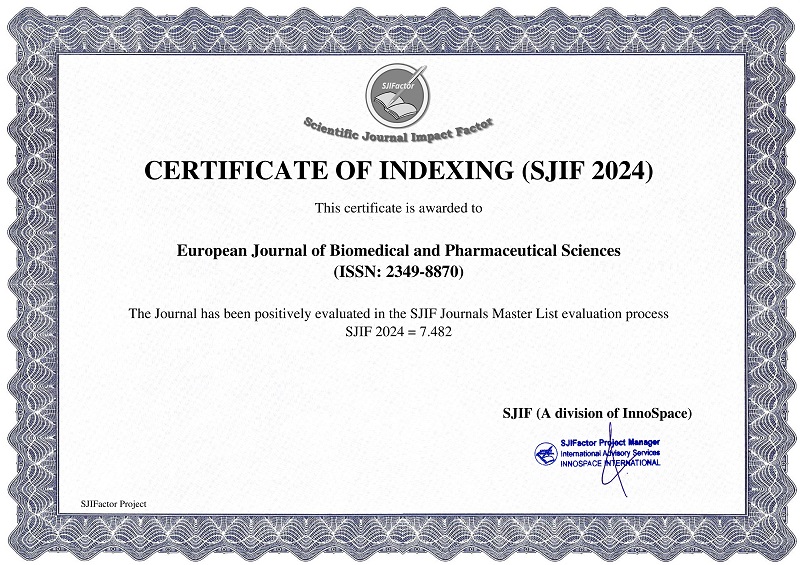PROSTATE CANCER ASSOCIATED CHANGES IN COAGULATION AND HAEMATOLOGICAL PROFILES IN WESTERN NIGERIA
Akanni E. Olufemi, *Bamisaye E. Oluseyi, Olushola J. Ajamu, Shittu M. Olushola, Ismaila Oseni, Akerele Deborah and Onabanjo Olubunmi
ABSTRACT
Background: Prostate cancer is the most frequently diagnosed cancer among males. Prostate cancer has been associated with coagulation and haematological abnormalities which have contributed to the disease progression, development of disseminated intravascular coagulopathy, metastasis and other complications. This study assessed the coagulation and haematological profile of prostate cancer patients in this region. Materials and Methods: Forty prostate cancer patients and thirty apparently healthy male controls within the age range of 50-90 years old were recruited for the study. Prothrombin time (PT), partial thromboplastin time with kaolin (PTTK), packed cell volume (PCV), total white cell count (TWBC), platelet count, differential count and erythrocyte sedimentation rate (ESR) were determined using plasmascan, hemoscan reagents, Sysmex KX2-IN autoanalyser, Leishman staining technique and Westergren method respectively. Result: The study reveals a statistically significant increase in the mean ± SD of the PT, PTTK and platelet, TWBC, ESR and Neutrophils in the prostate cancer patients while the mean ± SD of the PCV, Lymphocytes and basophils decrease significantly when compared with their controls (p˂ 0.05). However, the monocytes and eosinophil in the patient group are not significantly different from those of the control group (p>0.05). Conclusion: The profiles estimated shows that the disease progression in prostate cancer is associated with presence of the cancer procoagulant as well as inflammatory markers of immunity produced in response to the condition.
Keywords: Prostrate cancer, haematological profiles, Coagulation profiles, Disease progression.
[Full Text Article]
[Download Certificate]


 Impact Factor : 8.181
Impact Factor : 8.181 






